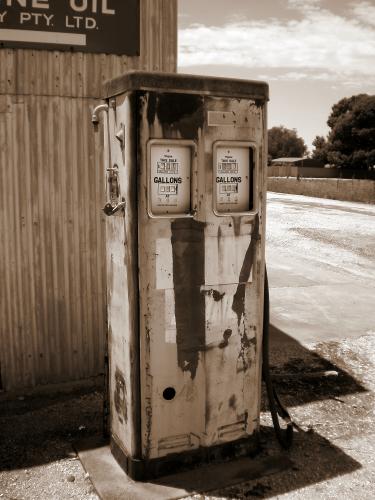Trade deal could clean fuel
 The EU is expected to push Australia to clean up petrol standards as part of a new free trade deal.
The EU is expected to push Australia to clean up petrol standards as part of a new free trade deal.
The EU and Australia are preparing for a new round of FTA negotiations in October, and reports say Australia’s poor fuel quality will be raised.
Australia’s fuel standards prevent the sale of a range of European vehicles with higher standard engines, and are considered a key technical barrier to trade.
Europe is also expected to push Australia to cement its support for emissions reduction targets agreed to under the Paris accord.
The issue of fuel quality is among several industrial barriers Australia will have to consider if it wants to secure the wide-ranging new free trade agreement.
Insiders say the deal will require the removal of a 5 per cent industrial tariff and changes to Australia’s luxury car tax.
Australia’s fuel quality is ranked 66th in the world - the lowest of all developed countries. The allowable sulphur content in Australia is up to 15 times higher than countries like China.
For example, Australia’s most popular unleaded petrol – 91 unleaded – allows a sulphur level of up to 150 parts per million. In the EU, that level can be no more than 10ppm.
This prevents some of the best and cleanest European cars from being exported to Australia, with manufacturers forced to export older generation engines on certain models.
The Federal Chamber of Automotive Industries says Australians are being deprived of lower-emitting European cars, and that improving fuel quality would bring a “3 per cent to 5 per cent” improvement on CO2 performance “overnight”.
Trade minister Simon Birmingham says he is ready to talk about fuel standards.
“As part of the free trade negotiations we will consider everything that is put on the table. Whether we agree to it is a different matter,” Senator Birmingham told Guardian Australia.
“It is not Australian practice to simply adopt European standards – we urge and encourage common adoption of international standards where possible.
“But we will work through in a practical way any of these issues and see what may be possible in the Australian context, but ultimately we will only be doing any agreement if it is in the overall benefit of Australia.”
He also acknowledged that Australia’s commitment to the Paris climate agreement will be part of the new FTA.
“Our commitment to Paris is firm and resolute and we are happy to reinforce that commitment in any forum.”








 Print
Print